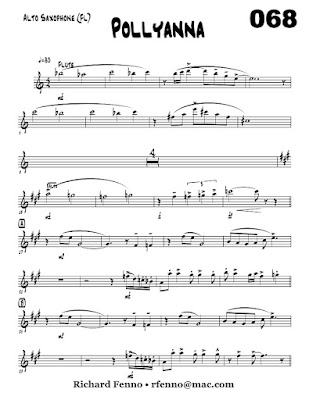 |
| From Wedding: Austin Club 7/18/09 |
But, for better or worse, I am a jazz musician. The first music I heard coming into this world was Count Basie, Joe Williams, Bird, Duke, Lester Young. Like a baseball player, a jazz musician starts young and stretches it as far as she or he can. When it’s done, it’s done. But there are ways of staying in the game--either game, baseball or jazz--like coaching, like playing in increasingly compromised (“square”) bands. Generally lowering the expectations accompanies the onset of middle age, and that’s more of a burden for me than driving a cab in New York City was in 1977. At least then I could park in front of Stryker’s and drive friends downtown after their gigs ended.
I never quite made it to the bigs, what baseball players call the Big Show. I played on road bands at the very end of road bands, when the busses were old and the hops between gigs were long, when the quality of the bands had slipped to the point that the professional touring bands that I played in were dwarfed in power and swing by the college band I was in (Cabrillo College, in Aptos, California) and certainly by the LA Jazz Workshop band that I played in when I moved to Los Angeles in 1979--a crucible of musicians who have since made first-rate careers for themselves. After a series of ignominious bus rides, I moved to New York and drove a cab, then to Los Angeles and, after starting a family, felt the need to withdraw from music altogether. I layed out for nearly ten years and made a career in publications work. In the early nineties, as my marriage started to fall apart, I was drawn back to making music. I had a lot of good friends who helped me get back in circulation, first in rehearsal bands, then working dance bands, then I was drawn like a moth to Jan in Austin. I wanted my kids to know that I was the guy who owned the saxophones in the closet, and I think I was successful to a great degree.
As time passed I explored things as a resident of Austin, not Orange County. I found myself playing a lot of unrelated music, the common denominator being the preponderance of the blues: R&B, Tejano, show bands, pit bands, big bands that swung to a lesser or greater extent. When a certain local bandleader with an overactive thyroid canned me, he left me with a concept that could be rendered into this equation:
R&B + Sinatra + Classic Rock (a few) + Tower of Power + charts for all the parts = wedding band
 |
| From Wedding: Austin Club 7/18/09 |
And so Original Recipe was born. See, this bandleader, who was bald, by the way, had no charts. So everyone who came on board had to memorize the parts, which no one knew. It may sound simple, but it has something of a dialog between Chico Mark and Dr. Hackenbush about it. I READ trivial music and MEMORIZE what I deem to be significant and challenging.
Five years ago I made a cold call to Princess Cruises to see if they needed a guy like me. They did, and I worked for them, playing in the show bands at sea. I left the Original Recipe Band to brother Jimmy when I went to sea. But even when I was in the Baltic for the summer I still wrote charts. The Original Recipe BIG Band is my project now. I’m writing furiously to make a deadline for a demo recording.
 |
| From Wedding: Austin Club 7/18/09 |
At every one of these signposts, I think I lost something–the jazz aesthetic. Tonight I reconnected with some of that through the services of the iTunes music store. I had a phrase rolling around in my head from an album by the pre-Rassan Roland Kirk. I “went” to the music store and there was the album containing the tune containing the phrase. It was offered for sale for less than $7. I bought it. As I listened to this Roland Kirk album I hadn’t heard since college, I felt myself relax and bathed in the feelings of sometime in the early seventies. I remembered how it felt be wanted by Selective Service. I felt like I was going to Keystone to hear Kirk, or the Berkeley Civic Auditorium to hear Chick Corea or Gil Scott-Heron.
Really. Music is some powerful ju-ju. Perhaps musicians ought not be trusted with the emotional language that it carries. I feel renewed now, and I am realizing that many of the qualities I like about Roland Kirk are in Tony Campise–specifically their abilities to be able to execute whatever their imaginations dish up from the subconscious. I need to talk to Tony about that. Gotta do some more hanging out with him.
Next time I get in the dumps I’ll know to look at Roland Kirk, who overcame the damnedest obstacles imaginable.


